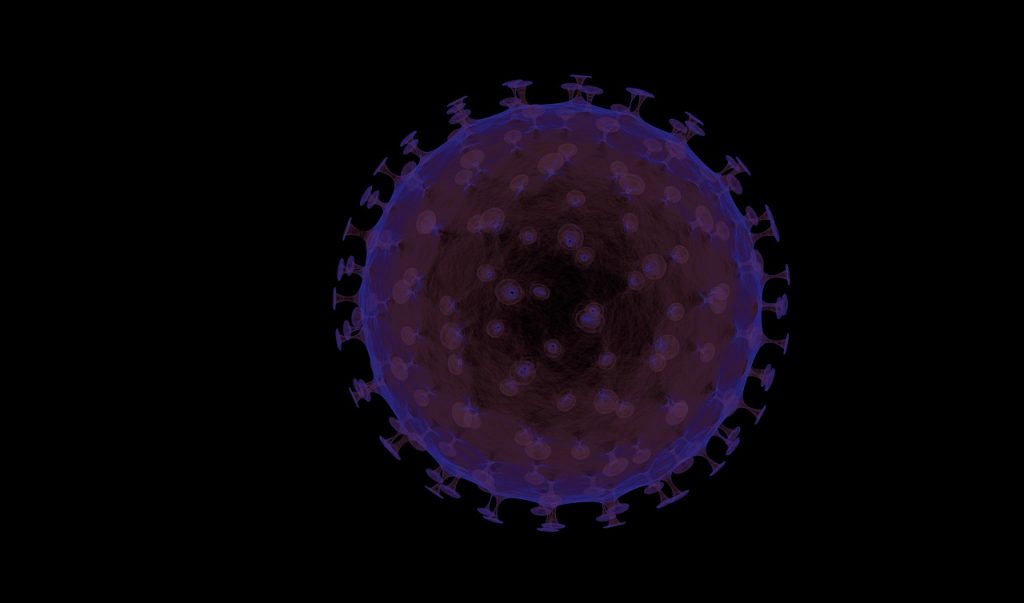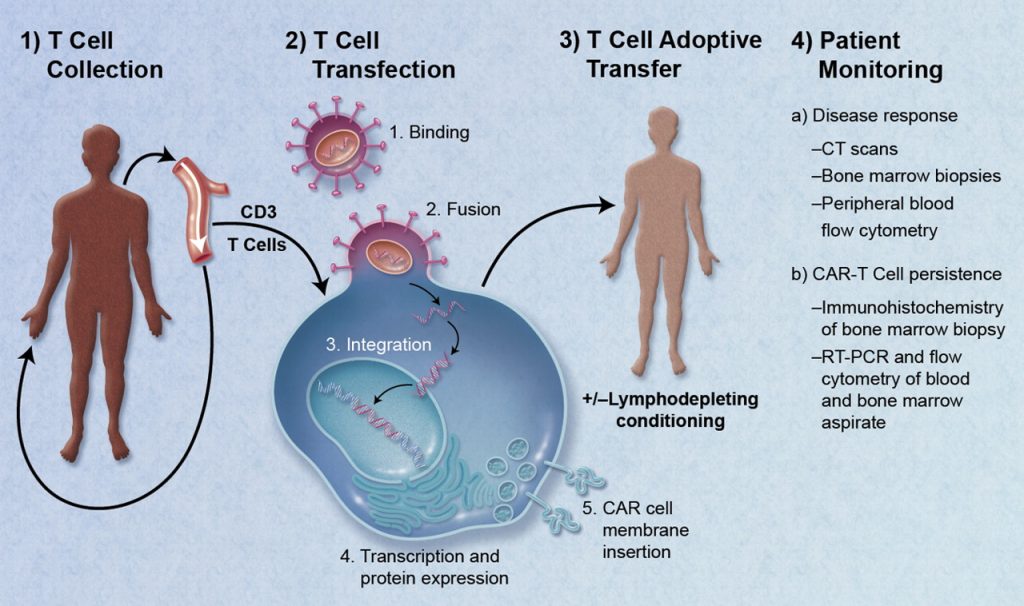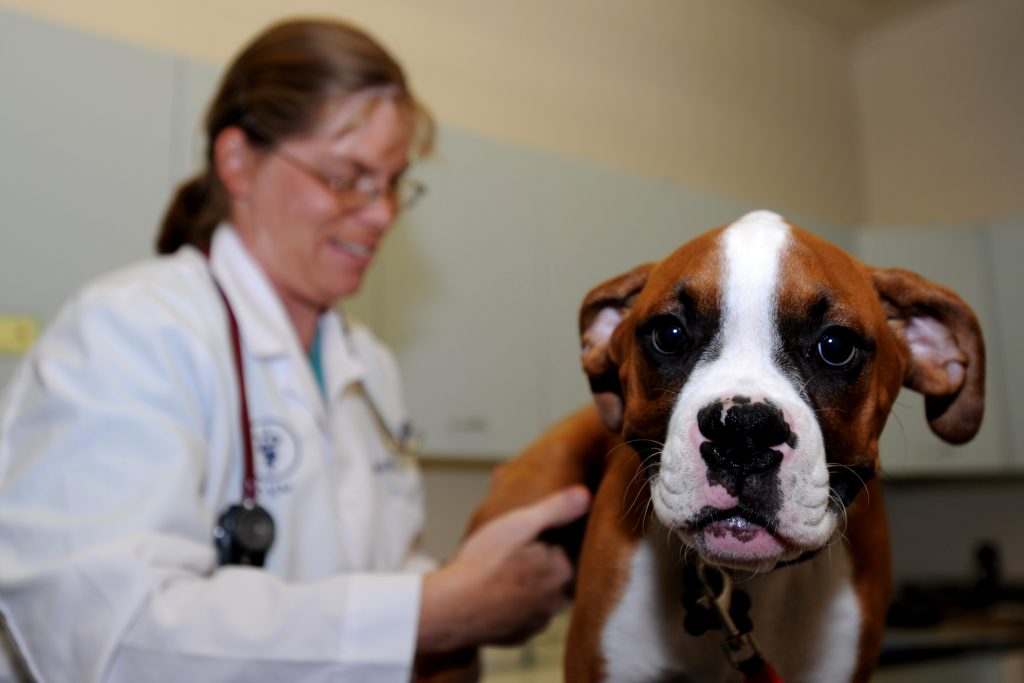Autoimmune disease occurs when the body’s immune system attacks and destroys healthy body tissue by mistake. The exact cause of an autoimmune disease and its risk factors is unknown.
Understanding Autoimmune Diseases
An autoimmune disease can cause certain possible complications that damage the immune system and causes immunological illnesses and other conditions such as rheumatoid arthritis, inflammatory bowel syndrome, thyroid gland hormone imbalance, multiple sclerosis, systemic lupus erythematosus, etc.
One autoimmune disease diagnosed in a person can also trigger severe reactions in skin cells or other conditions. Common symptoms include musculoskeletal and skin conditions or skin rashes such as psoriatic arthritis and joint pain, abdominal pain, skin problems, celiac sickness, muscle aches, muscle weakness, as well as brain and spinal cord.
The deficiency incomprehension of the function of distinct cells in a specific autoimmune disease prevents the development of definitive therapy and main treatment for its immunity conditions. For example, rheumatoid arthritis is a common autoimmune disease that causes the body to attack itself, specifically in the joints. The symptoms of rheumatoid arthritis typically include joint pain and difficulty moving, along with the degradation of soft tissues.
Type 1 diabetes, lupus, and multiple sclerosis are other examples of common autoimmune diseases. As health topics, the symptoms of autoimmune diseases like these are widely discussed and researched globally.
Though the conventional treatment consists of immune suppressants such as steroids, agents, and inhibitors, which defeat the majority of immune cells.
The patient has a higher risk of contracting other conditions and cancer as a side effect of having an autoimmune disease.

Autoimmune Disease Treatment Research
For decades, the environmental health sciences research regarding autoimmune disease has been at a standstill, the same as cancer research. There is generally no cure, but clinical trials show that the similar symptoms of an autoimmune disease can be managed.
Therapies and treatments have no way of pinpointing cancer cells. Consequently, these autoimmune disease treatments target most dividing cells, according to the National Institute researchers. These result in substantial risks as side effects of such therapies.
However, at the University of Pennsylvania, the current research from the Perelman School of Medicine has identified an approach to target a particular subset of antibody-producing cells in a condition named Pemphigus Vulgaris without inhibiting healthy nerve cells of the immune system.
The research may become a doorway to aiming for various immunological disorders and health conditions. https://www.betterhelp.com/start/ has articles on how to help patients deal with their emotional problems brought about by chronic medical illnesses such as autoimmune disorders.
The Trial: Chimeric Autoantibody Receptor Therapy (CAART) For Autoimmune Treatment

The researchers, Payne and Michael Milone, modeled their approach from an anti-cancer treatment.
It is called Chimeric Antigen Receptor Therapy (CAR). In CAR, the T-cells are designed to destroy cancerous cells in several illnesses, such as leukemia and lymphoma. It has succeeded in human trials, albeit with some illnesses’ side effects.
Team Payne has created Chimeric Autoantibody Receptor Therapy (CAART) from the concept of CAR. In their blood tests, they devised an artificial CAR-type receptor modeled from a mouse, which acts as a lure to designated B cells that produce anti-DSg3 antibodies.
It attracts these antibodies and then kills them through engineered receptors without harming other immunological cells in the blood vessels.
As shown in the lack of common symptoms of an autoimmune disease such as blistering or autoimmunity signs in the animals, they were successful in automatically killing DSg3.
Estimation: Early Research On The Possible Treatment Progress
The autoimmune disease team’s researchers are confident that CAART will not cause the same painful autoimmune condition called Cytokine Release Syndrome in CAR T-cell therapy. The reason is that CAART will be specifically aiming at a subset of B immunological foreign cells and is not killing all of the B immunological cells.
The researchers say it would eliminate one percent of the patient’s total B autoimmune cells estimation. That one percent would be the significant autoimmune insulin-producing cells causing symptoms of the immunological disorder. In theory, it would create little to no considerable indications during the immunological disorder treatment.

Curing Dogs With Autoimmune Disease
The team will still do clinical trials to cure dogs with the condition due to autoimmunity before advancing to human tests even if they feel that they have enough proof of concept combined with the CAR therapy results in cancer ailment patients.
They say that it may lengthen the autoimmune disease trial studies to a certain extent, but it will prove to be a safer treatment in the long run.
An Optimistic Future
Their discovery from treating Pemphigus Vulgaris with their new autoimmune disease treatment is possible to become a treatment model for several auto-antibody controlled diseases, even arthritis.
Common Autoimmune Conditions
- Myasthenia gravis
- Graves
- Hashimoto’s thyroiditis
- Multiple sclerosis
- Pernicious anemia
- Addison
Autoimmune Disease Insights And Conclusion
The team is optimistic about the future of immunological disorder treatment and therapy due to the results they gained. It is perhaps a small step towards the advancement of personalized medicine (developing a practice using genotyping based on an individual’s autoimmune conditions) and not the type of general treatment approach.
Autoimmune Disease FAQs
What Foods Should Patients Avoid?
What Triggers Autoimmune Disorders?
What Are Some Examples Of Immunological Conditions?
What Vitamins Can Help Immunological Conditions?
What are the main types of autoimmune diseases?
What are the most common autoimmune diseases?
Do autoimmune illnesses go away?
Can autoimmune diseases be cured?
Are autoimmune disorders serious?
What foods can heal an autoimmune disease?
What foods can trigger autoimmune disease symptoms?
How do you heal an autoimmune disease?
What vitamins are good for your immune system?
What are the best drinks for your immune system?
How can I heal my autoimmune disease naturally?
